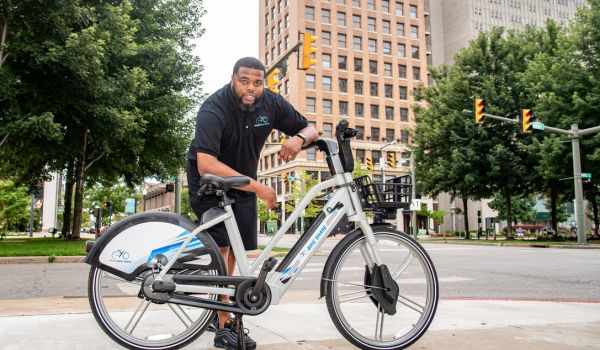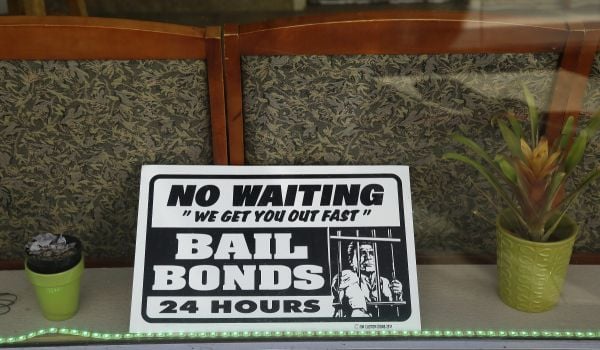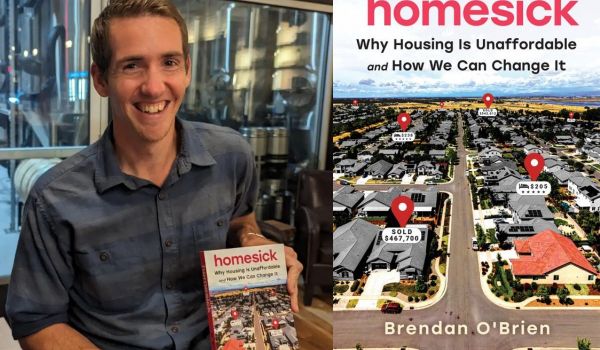(Note, these “Rise and Shine” posts will be a regular morning roundup of links. Tips if you’ve got ‘em.)
- Vancouverites are battling over whether “fudged” accident data are being used to make the case for bike lanes. (The mayor’s staying out of it; he recently bought a house along a would-be route.)
- Provo is following on the heels of Kansas City and Austin in becoming a Google Fiber city. But in Utah, there’s a twist: Google is hoping to get a gigbit into town by buying and upgrading the city-owned iProvo network.
- Uber is looking for more funding, and is said to be valued in the billions.
- Speaking of Google Fiber and Uber, the latter’s CEO recently described a strategy of “Celebrate the cites” — as in figuring out what’s unique about an urban environment it’d like to work in, and “then creat[ing] management structures that are sort of geared around that.” That’s a technique that Google, for one, has championed with its Fiber projects. It’s KC headquarters featured the Polish nut roll povitica in its café and the giant shuttlecock at the Nelson-Atkins Museum of Art on its wallpaper.
- The Department of Better Technology (who?) has launched Adopta, a platform for getting citizens to take responsibility for, well, whatever. It’s provenance is as the Code for America project Adopt-a-Hydrant, but it is licensed under the permissive BSD license, which means that you could have launched Adopta, too. Still, getting buy-in remains the hard part. “Adopting a hydrant, everyone kind of smiles at right away,” said Nigel Jacob of Boston’s Office of New Urban Mechanics in an interview earlier this year. “But there’s a whole level of work that has to go into these programs to get them used.” (Open software or not, DBoT is giving back — as in 10% of their profits to them that birthed the code: “We recognize that with Adopta.co, we’re only standing on the shoulders of giants — that is to say, Code for America deserves a massive amount of gratitude for being the ones to initially develop & market Adopt-a-Hydrant.”)
- Airbnb CEO Brian Chesky was asked whether he worries about a safety catastrophe. The numbers, he said, reassure him: “In fact, the thing that surprises most people is not how many times this is a problem, but how many times this works.”
- H&R blocks tackles the question of whether you need to tell the IRS about that Airbnb rental.
- New York City launches Water Street Pops, a series of festive events along the Sandy-damaged lower Manhattan waterfront that is also a triumph of synergistic branding. The name evokes the Boston Pops, which got its own name from a shortening of “popular concerts.” But it is, more concretely, a reference to “Privately Owned Public Spaces,” a.k.a. POPs. (Think Zuccotti Park.)
- New Orleans agrees to food truck rules that have no buffer zone for existing eateries.
- The foundation was poured Friday for Santa Cruz’s Walnut Commons, a co-housing project designed by the people who will live in it. The project sees itself as particularly special: “Cohousing is exploding across suburban America. Walnut Commons is unique in that it’s a single building and decidedly urban.”
- A generally interesting report from the Pew Charitable Trusts on how states handle failing cities includes a look (page 26) at Rhode Island’s once-bankrupt Central Falls, where “state officials say they convinced the stakeholders of their sincerity through transparency: showing the retirees the numbers and building the case that they would otherwise eventually lose benefits altogether.”
- San Francisco’s hopping tech industry is getting credit for generating so much tax revenue that the city was able to compensate for federal cuts to HIV/AIDs programs.
- The New Yorker has its way with a month’s worth of Citibike data. Revealed is that Gothamites are weekend wanderers: “[C]ommutes are replaced by patternless, recreational movement, in which bikers meander around the city.” Here’s the map in full.
- And a reader — we have a reader! — asks if there exists anywhere comprehensive way of identifying city spaces available for pop-up stores, events, what have you, where leases might last for as little as a day. If you know, let me know.

Nancy Scola is a Washington, DC-based journalist whose work tends to focus on the intersections of technology, politics, and public policy. Shortly after returning from Havana she started as a tech reporter at POLITICO.
















